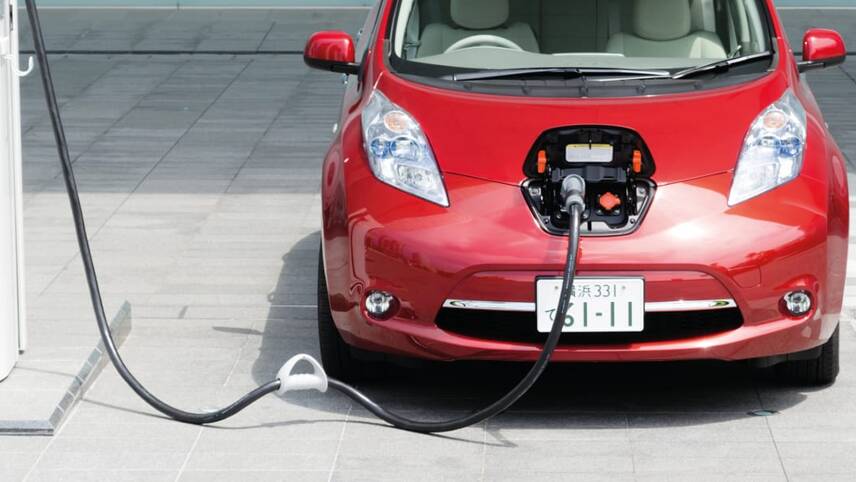This is the Sponsored paywall logged out

Utilities know they have a responsibility to show leadership on tackling climate change by delivering on their own internal decarbonisation commitments. But is the power of individual employees to effect change being harnessed to the full extent?
Many large corporations’ environmental strategies focus on net zero ambitions. Climate Impact Partners report that 38% of Fortune 500 companies have already delivered a significant climate milestone or have committed to do so by 2030. It’s encouraging to see the trend toward aligning executives’ salaries to net zero objectives, especially in organisations in “hard-to-decarbonise” sectors – as just 100 organisations are responsible for 71% of global emissions.
But it is only through the power of people, and a change in how we approach net zero as a society that we can force change by those organisations.
Beyond the corporate and management level, how do you embed net zero goals as an organisation? When addressing corporate decarbonisation strategies, it’s easy to ignore the impact that individuals or colleagues can make on a day-to-day basis. To really have a positive impact, net zero ambitions need to be embedded from the ground up as well as from the top down, creating a culture in which everybody is accountable for taking action to reverse climate change.
The strength of an organisation, after all, is its people. How do we get them to ask themselves, “What can I do as an individual to match the accountability of the organisation that I work for? What contribution can I make, personally or as part of my community?”
There are opportunities to reduce carbon emissions in a return to traditional activities, like growing our own food. The increasing demand for allotments and ingenious use of small spaces – like creating an edible roof garden on a houseboat – indicate that more and more people are keen to ‘grow their own’ to supplement what they buy.
More sustainable commuting – using public transport, cycling or driving electric vehicles – are choices that individuals can make for themselves. These actions not only reduce individuals’ carbon impact, they make a huge difference to air quality as well.
In a large organisation of tens of thousands of people, the collective knowledge base is extraordinary. When colleagues engage, many positive, innovative ideas follow. To foster this kind of thinking, organisations should provide a forum in which people can share their thoughts and experiences. Internal social media channels can bring people together and engage them, enabling special interest groups to form, grow organically and share ideas and advice.
Such a forum also provides a space where colleagues can share ideas around the actions they are taking, or plan to take, towards combating climate change. As this knowledge spreads, these ideas can take root and the culture will evolve into one in which people understand their own accountability and adopt practical examples for bringing about real change.

Please login or Register to leave a comment.